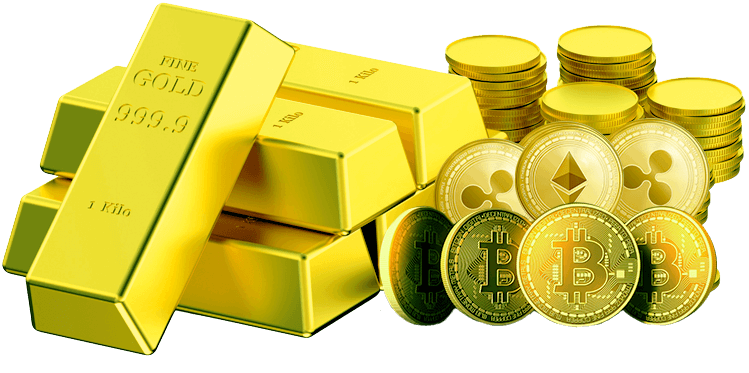How Much Does Gold Cost?
Gold has been used as a currency for thousands of years. For that reason, gold is an extremely valuable metal. The market determines the price of gold, and generally speaking the price of gold has risen over time. There are no laws mandating how much someone must charge for selling gold or pay for buying gold, so buyers and sellers must be aware of the current market price before they transact. The market price of gold can also shift very rapidly.
The gold market is very liquid, especially for larger buyers and sellers, so gold can be turned into cash quickly and easily in most instances (but not always for the best price!). More and more people are investing in gold because they want a hedge against inflation or currency collapse. Many countries and central banks also hold larger and larger quantities of gold as a store of wealth. This has the potential to drive the price of gold higher and higher over time.
Below is a chart showing the recent price of gold.
The price of gold can change very rapidly in responses to changes in the market. At certain times, demand for gold may spike and drive the price up rapidly. An example of a time when demand increases suddenly is during difficult times in equity markets. Because gold is used as a hedge against a decline in other assets, oftentimes the price of gold will be driven up in response to a bear equity market, or a shock to equity markets, or anytime there is a perceived increase in risk in the stock market.
Because people use gold as a safe haven when the stock market becomes risky, the price of gold and the price of stocks may move in the opposite direction during this time. This characteristic is known as a “negative correlation” to stock market prices. The negative correlation does not always exist, for instance the price of gold and the price of stocks often go up in tandem. It can often be seen very clearly during drops in the stock market though.
Gold is also used as a hedge against inflation, which means that when inflationary expectations are high, many people will invest in gold. While a central bank may be able to increase the money supply of a fiat currency virtually from thin air, the supply of gold is relatively fixed. The supply of gold is limited to the amount that can be taken from the earth. In fact, if the price of gold declines, this may make certain mining activities less economical. This may decrease the rate of new gold supplied to the market, and put an upward pressure on prices because of the constricted supply. Many gold investors find some comfort from this built in “auto correction” feature to gold’s value.
Gold does not only appreciate during bad times. There are many times when the price of gold and the price of stocks have risen at the same time. Gold also can appreciate when commodity prices in general are increasing, such as oil, gas, metals, and agricultural commodities.
Ultimately gold is not immune to decreases in price, and it’s value is determined by what people are willing to pay for it. The reason many investors like to own gold is because over thousands of years, it has proven to be a good store of value, and it has appreciated significantly in price over time.



